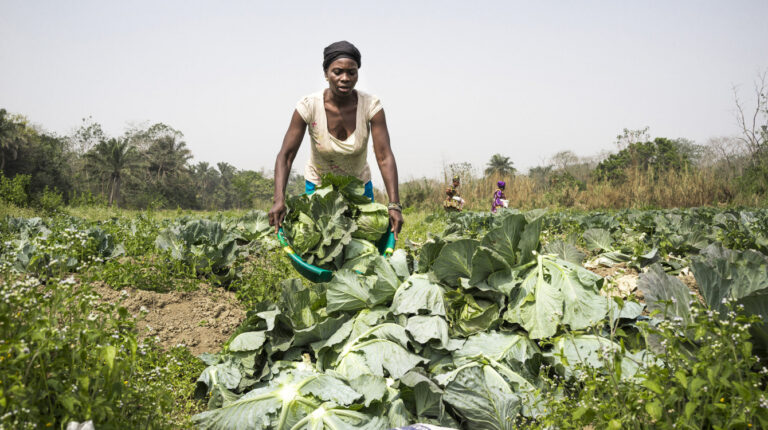Trending
- Why Tanzania is setting up a 22-storey chancery building in Nairobi
- How Gulf countries are turning Eastern Africa into a new nexus of global trade
- Social Media Amplifies Kenya’s Gen Z Revolt Against Tax Increases
- Nation on edge: Kenyans protest against President Ruto’s tax hikes
- Climate tech startups in Africa defy odds, see record surge in financing to $325 million
- SMEs Acquire New Loan Product as Safaricom Partners with Pezesha
- China Tops Kenya’s Bilateral Loans With Massive $7.2 billion
- PwC, Deloitte Urge Realistic Revenue Goals and Efficient Public Spending in Kenya
